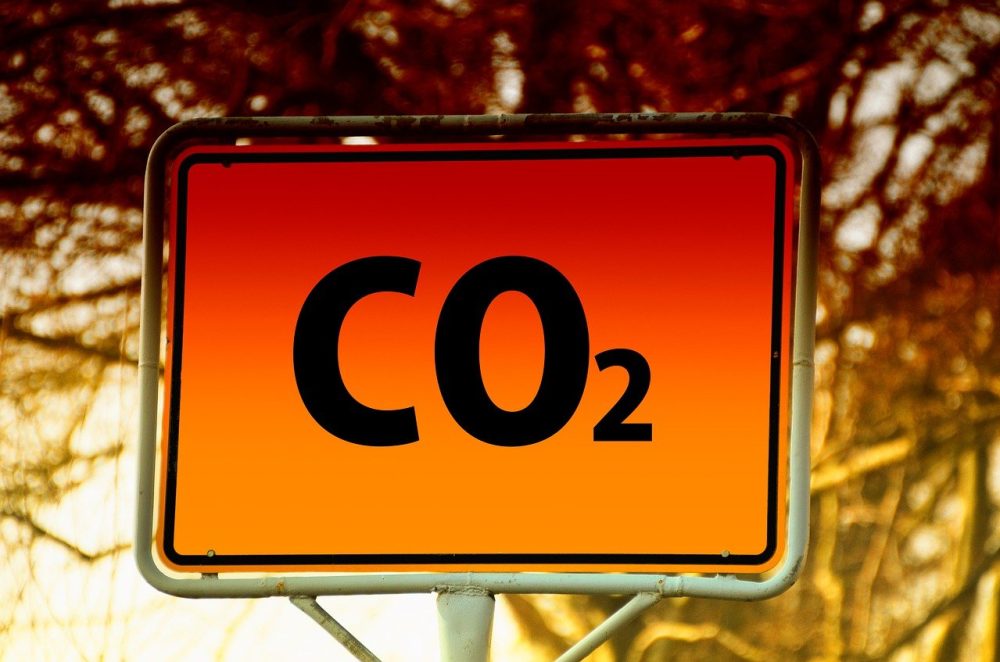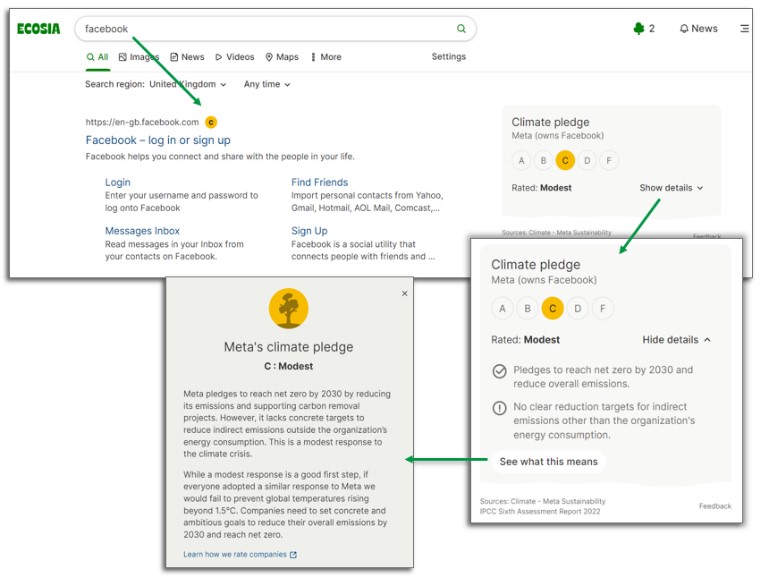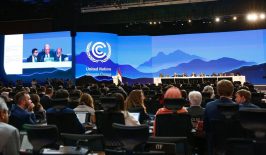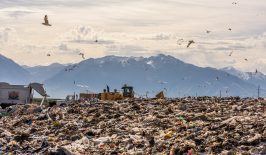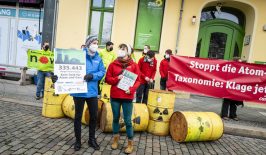Recently, representatives from politics, business and civil society met at the World Climate Conference, the so-called COP27, in Egypt to discuss measures and responsibilities to tackle the climate crisis. The pressure could hardly be greater: The sixth assessment report of the Intergovernmental Panel on Climate Change (IPCC), published in spring 2022, drastically showed that the effects of climate change are already taking place and will become even more severe in the coming decades. In order to limit global warming to an increase of 1.5°C, greenhouse gas emissions must be almost halved by 2030. To stabilise the climate, an even more ambitious global goal has been proclaimed: to achieve net zero emissions by 2050.
But it is not only the governments of this world that are urgently called upon to implement effective measures to achieve the climate goals. Companies also have a responsibility to reduce their own emissions and to operate in a climate-neutral manner. For some years now, companies have been publishing so-called Net Zero Pledges, with which they demonstrate their contribution to combating the climate crisis. But how big this contribution really is and to what extent the necessary emission reductions can be achieved with it is often opaque. Moreover, many of these pledges contain too weak or vague targets for reducing greenhouse gas emissions and are accused of greenwashing.
Before COP27, a group of experts commissioned by the UN published a report on the net zero pledges of companies, financial institutions, cities and regions, which primarily addresses the danger posed by insufficient net zero pledges: “The risk is clear. If greenwash premised upon low-quality net zero pledges is not addressed, it will undermine the efforts of genuine leaders, creating both confusion, cynicism and a failure to deliver urgent climate action”.
But How Can Ambitious Net Zero Pledges be Distinguished from Weak Ones?
In order to make the ambitions behind these pledges transparent, the TU Berlin has developed the Climate Pledge Rating together with the search engine Ecosia. This examines and evaluates publicly available information on climate pledges made by large technology companies such as Meta, Microsoft or Netflix. The Climate Pledge Rating illustrates for Ecosia users how ambitious the Net Zero Pledges really are by means of a rating from A = “Excellent” to F = “Insufficient”. To receive an A, companies must have set a goal of reducing their total emissions by at least 50 percent by 2030. In addition, an A rating requires that initial progress towards achieving these goals can already be demonstrated. The rating also reveals which companies still need to make major improvements and which are already well on their way.
However, the Climate Pledge Rating shows that none of the companies surveyed has yet met this standard. “The main reason for the poor or only mediocre performance is the frequent lack of concrete targets for reducing all greenhouse gas emissions,” reports Maike Gossen, who heads the research project “Green Consumption Assistant“, which is being implemented together with Ecosia and BHT Berlin. “In particular, emissions that occur along the value chain of companies are often not included in public pledges with concrete reduction targets. Yet these emissions account for over 90 per cent of total emissions at many of the technology companies studied.” Instead, many companies are increasingly looking to invest in carbon offset projects to offset emissions, thereby achieving net zero status. However, carbon offset projects are highly controversial and should only be an add-on to drastic reduction measures, not an alternative.
The Climate Pledge Rating shows that net zero pledges alone are not enough to prevent widespread climate impacts. “If all companies acted as most of the tech companies surveyed did, global temperatures would rise by well over 1.5 degrees, with devastating consequences for life on Earth. Companies must consistently focus on drastically reducing all emissions and develop long-term and ambitious decarbonisation plans,” emphasises Marja Lena Hoffmann, who is responsible for sustainability assessments in the Green Consumption Assistant research project. At COP27, this is already being called out as greenwashing, and not only by climate activists and environmental NGOs. Even the Secretary General of the United Nations, António Guterres, condemns the practice of some companies promising net zero emissions in order to gloss over the consequences of their actions for image reasons.
More information on the methodology and results of the Climate Pledge Rating can be found here: Green Consumption Assistant
This is a guest article by Marja Lena Hoffmann and Maike Gossen. Marja Lena Hoffmann is a research assistant in the Department of Social-Ecological Transformation at TU Berlin and is responsible for sustainability ratings in the research project “Green Consumption Assistant”. Maike Gossen is a post-doc in the Department of Social-Ecological Transformation at TU Berlin and leads the research project “Green Consumption Assistant”, which is implemented together with Ecosia and BHT Berlin.
